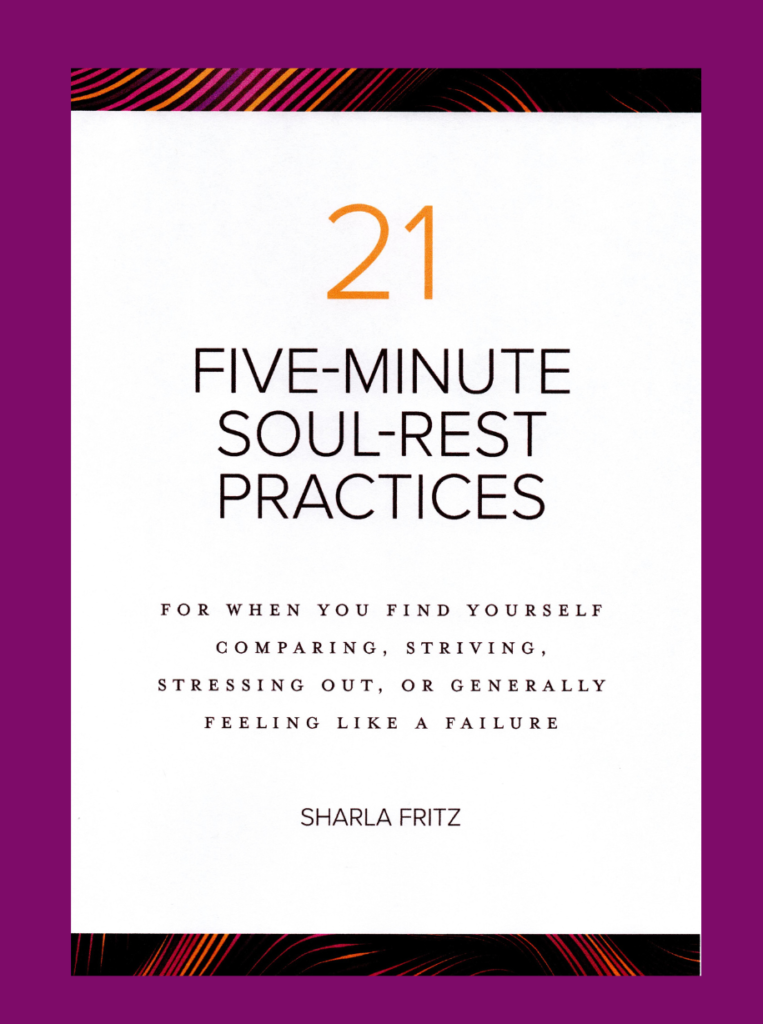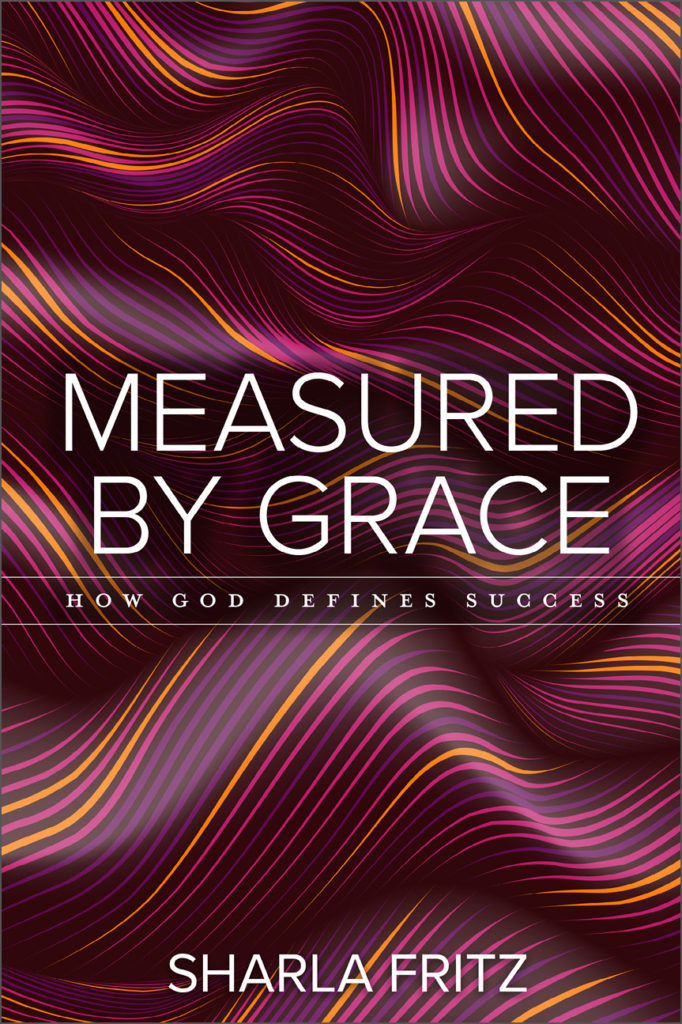
I belong to a book club at my local library. Every month, the leader of our group chooses a new book for us to read. One month I knew I wouldn’t be able to go to the meeting, but I picked up the chosen book anyway. Usually I love the books the leader chooses so I thought I would read it even if I couldn’t attend the discussion.
However, eighty pages into the book, the story still hadn’t grabbed my attention. I decided not to read the last 500 pages. I gave up on the book.
Often, people have the same reaction when they start reading the Bible. They start at the beginning and breeze through Genesis with its page-turning plot of murders and global disasters. Reading Exodus goes a little slower, but we all love to root for the underdog, so readers cheer for the triumph of the people of Israel over the ancient world’s superpower–Egypt.
But then they arrive at Leviticus and get bogged down with all the laws and regulations. They give up on the book.
Bible Basics
If we want to persevere in our Bible reading, it is helpful to understand the structure of God’s Word. The Bible is not just one book. It is an ancient collection of books that first took shape in the fourth century AD. The 66 books of the Bible are put together in groups.

Christians typically see the sections of the Old Testament this way:
- Pentateuch (also known as the Law) – Genesis, Exodus, Leviticus, Numbers, Deuteronomy
- Historical Books – Joshua, Judges, Ruth, 1 and 2 Samuel, 1 and 2 Kings, 1 and 2 Chronicles, Ezra, Nehemiah, Esther
- Poetic and Wisdom books – Job, Psalms, Proverbs, Ecclesiastes, Song of Solomon
- Major Prophets – Isaiah, Jeremiah, Lamentations, Ezekiel, Daniel
- Minor Prophets – Hosea, Joel, Amos, Obadiah, Jonah, Micah, Nahum, Habakkuk, Zephaniah, Haggai, Zechariah, Malachi (Note: The Major Prophets are “major” because they wrote longer books; the Minor Prophets are “minor” because they wrote generally shorter books.)
The New Testament has five sections:
- Gospels – Matthew, Mark, Luke, John
- History of the Early Church – Acts
- Epistles of the apostle Paul – Romans, 1 and 2 Corinthians, Galatians, Ephesians, Philippians, Colossians, 1 and 2 Thessalonians, 1 and 2 Timothy, Titus, Philemon
- General epistles — Hebrews; James; 1 and 2 Peter; 1, 2, and 3 John; Jude
- Apocalypse — Revelation
All of these books are useful for our spiritual growth, but some are definitely easier to understand than others. If you don’t where to begin, start with stories.
Start with Stories
We all love stories. The Bible is one long story of God’s love for His people. Watch this video about the story and themes of the Bible.
The Old Testament introduces us to God and leads us through His interaction with people who were waiting for a Savior. The Gospels of the New Testament bring Scripture’s plot to its most exciting point–the arrival of that Savior. The book of Acts and the epistles continue with the story of what Jesus’ followers did after He went back to heaven. The last book of the Bible, Revelation, brings the whole plot to an exciting conclusion with a description of heaven.
Because we all love a good tale, the books of the Bible that tell stories immediately draw us in. The book of Genesis is full of drama. The first ten chapters include a murder and a global disaster. The narrative continues with epic journeys, love triangles, and kidnappings. And it’s all true!
The Gospels–Matthew, Mark, Luke, and John–all tell the story of Jesus’ life on earth. They describe Jesus’ birth, life, death, and resurrection. Each book is by a different person and so has a slightly different point of view. But each one shows the Almighty God coming to live among us so that we could know Him!
Remember that book club book I never finished? It turned out to be a good thing I gave up on it. At the next meeting I attended, I heard everyone in the group hated the book.
But don’t give up the Bible! Perhaps skip the hard-to-understand parts for now. But dive into the stories and learn how Jesus can change your story!
Next step: Read one of the Gospels–perhaps start with Luke or John. Read a chapter every day. Pick out one thing you learned about Jesus. If you want to go deeper into your study try meditating on individual stories. Click here to read more about this practice.



Follow Me!